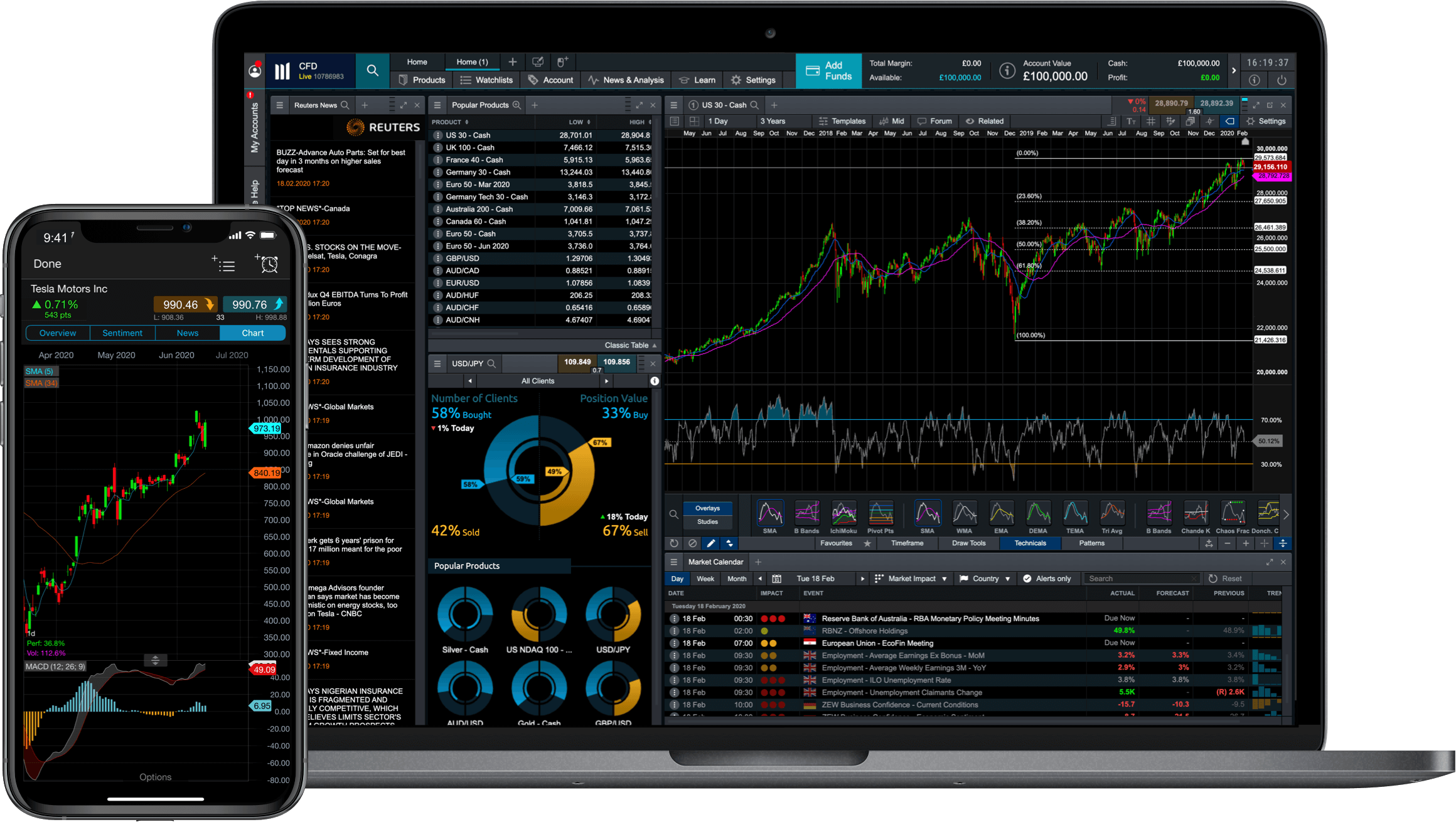Understanding Contracts for Difference (CFDs): A Comprehensive Guide

Contracts for Difference (CFDs) have gained popularity in recent years as a flexible financial instrument allowing traders to speculate on the price movements of various assets without owning the underlying asset. Here’s all you need to know about CFDs .
What are CFDs?
A Contract for Difference is an agreement between a trader and a broker to exchange the difference in the value of an asset from the time the contract is opened to when it is closed. CFDs allow traders to profit from both rising and falling markets, providing opportunities in various asset classes including stocks, indices, commodities, and currencies.
How Do CFDs Work?
When trading CFDs, traders speculate on the price movements of an asset. If they believe the price will rise, they go long (buy). Conversely, if they anticipate a price drop, they go short (sell). Profits or losses are determined by the difference between the entry and exit prices of the contract. Flexible leverage allows traders to amplify their exposure to the market, potentially increasing profits but also magnifying losses.
Risk Management
While CFDs offer opportunities for profit, they also entail risks. Traders should carefully manage their risk exposure, considering factors such as stop-loss orders and position size to mitigate potential losses. It’s essential to have a thorough understanding of the market and the asset being traded before engaging in CFD trading.
Key Advantages of CFD Trading
One of the primary advantages of CFD trading is the ability to speculate on price movements without owning the underlying asset. This provides flexibility and liquidity, as CFDs can be traded on margin, allowing traders to enter larger positions with a smaller initial investment. Additionally, CFDs offer the opportunity to profit from both rising and falling markets, enhancing trading opportunities in various market conditions.
Key Considerations
While CFD trading offers numerous advantages, it’s important for traders to be aware of the risks involved. Market volatility, leverage, and overnight financing costs are factors that can impact CFD trading outcomes. Traders should also consider factors such as market analysis, trading strategies, and risk management techniques to make informed decisions.
Conclusion
Contracts for Difference (CFDs) are a versatile financial instrument that provides traders with opportunities to profit from price movements in various asset classes. With flexible leverage and the ability to go long or short, CFD trading offers opportunities in both rising and falling markets. However, it’s crucial for traders to understand the risks involved and implement effective risk management strategies to navigate the dynamic world of CFD trading successfully.
